‘Bolsonaro’s to blame’: Indigenous rights champion on crisis in Brazil
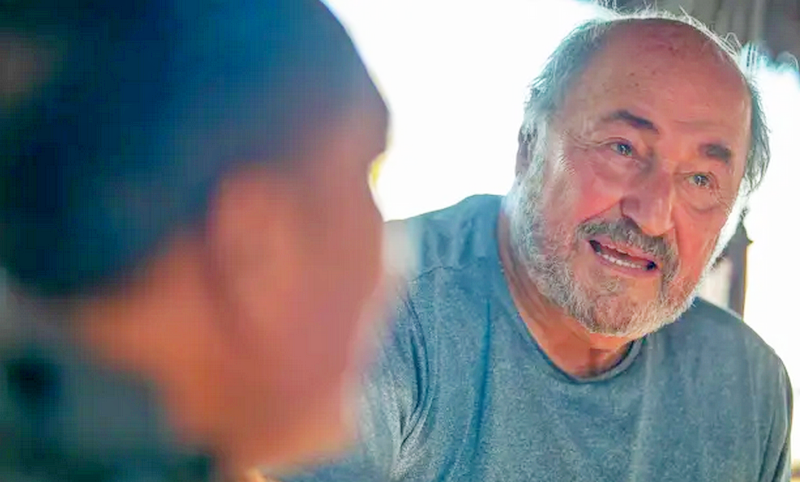
The Guardian - Tom Phillips - Tue 30 Aug 2022 10.00 BST
Tom Phillips in the Araribóia Indigenous territory
Jair Bolsonaro’s calculated sabotage of Indigenous and environmental protections has exposed Brazil’s Native peoples to the most dramatic crisis in their history, the country’s most famous living explorer has said.
The veteran explorer Sydney Possuelo says the far-right president has promoted a ‘deliberate policy of violence and land invasions. Speaking to the Guardian, Sydney Possuelo, the outspoken former president of Brazil’s Indigenous protection agency, Funai, voiced outrage and sorrow at the demolition of safeguards he helped create during his legendary six-decade career.
Consuelo, who ran Funai in the early 1990s, said Brazil’s original inhabitants had for centuries been treated with incomprehension or outright hostility by their government and fellow citizens. “But right now, under Bolsonaro, everything has deteriorated,” the veteran Indigenous champion said, pointing to the systematic enfeebling of Funai since Brazil’s far-right president took office in 2019.
“Before, the invasion of Indigenous lands [and] extraction of wood happened to a lesser extent and there was a certain response from government agencies. Funai would fight against this, and the police would back them up. Now, in the Bolsonaro era, everything has become so dangerous because you have a pre-planned policy that stems from the presidency and spills out into every single other government institution,” Possuelo added, saying Bolsonaro had turned Funai into an “anti-Indigenous agency”.
A report released this month said that under Bolsonaro there had been a 180% increase in illegal invasions of Indigenous lands by gold miners and loggers and accused the president of “normalizing” such violence.
“Indigenous people have never faced the worst moment in Brazilian history than the one they are now facing because we are talking about a deliberate policy that comes from the president himself who gives cover to criminals and trespassers,” Possuelo said.
Criticism of Bolsonaro’s decision to slash Funai’s budget and fill the organization with officials who were inexperienced or unsympathetic to the Indigenous cause has intensified after the murders of the indigenista Bruno Pereira and British journalist Dom Phillips in June.
Possuelo argued Bolsonaro bore responsibility for that crime in the Amazon’s Javari Valley, having relentlessly fomented hostility towards Indigenous people, activists, and environmental defenders.
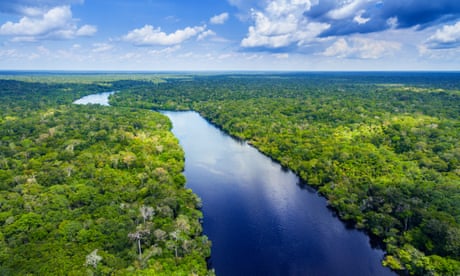
“It is crystal clear to me: he’s to blame. Bolsonaro’s to blame because he’s the driving force behind this policy … and he has used the government structure to destroy the environment and the Indigenous. This has consequences,” said Possuelo, who led a historic 105-day expedition through the Javari in 2002.
“He’s not the person committing the actual crime but he is the mentor of this anti-environmental and anti-Indigenous policy … The shamelessness with which you can just invade Indigenous lands, kill and kidnap, exists because these people know they enjoy the protection of the highest levels of government.”
Possuelo suspected Bolsonaro’s dismantling of Indigenous protections was not just about benefiting powerful members of the agribusiness sector keen to cash in on Brazil’s rainforests. Rather, a deep-rooted hostility to Indigenous people was at play.
The explorer recalled how in 1998, Bolsonaro claimed Brazilian troops had been “incompetent” in their handling of Indigenous communities. “The North American cavalry, yes, they showed competence when they wiped out their Indians in the past so that today they no longer have this problem in their country,” Bolsonaro declared.
“It’s almost a declaration of war,” Possuelo said of those notorious remarks.
“How has such rage managed to take root within the government?” he asked.
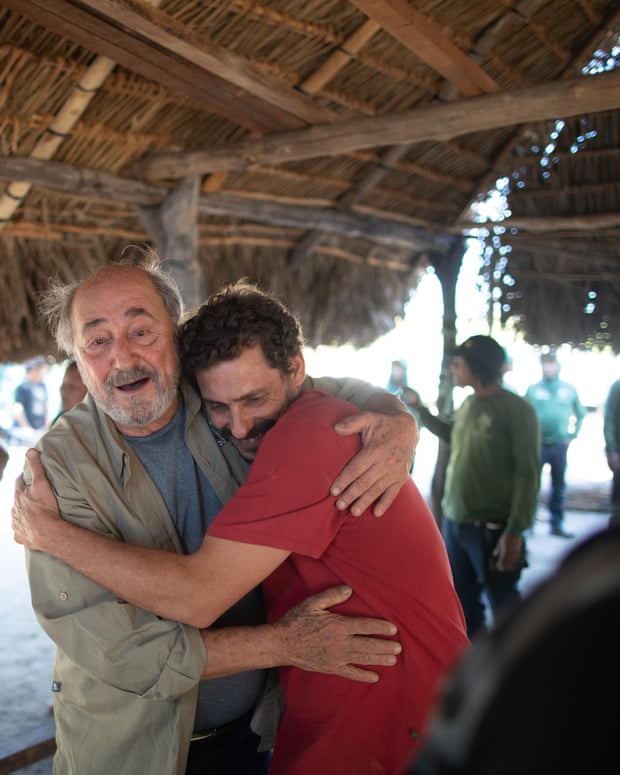
The octogenarian activist, who continues to roam Brazil even at 82, was speaking during a recent visit to the Amazon’s Araribóia Indigenous territory, where Guajajara tribe members gave him a hero’s welcome.
“You’re part of our family,” one rainforest defender, Olímpio Iwyramu Guajajara, told Possuelo before honoring him with a song in the group’s language, Tenetehara.
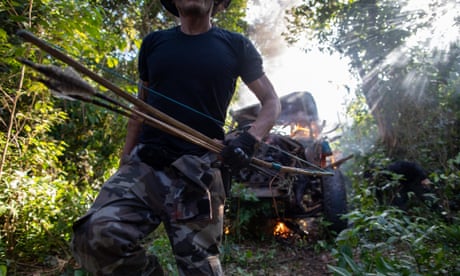
A group of Guajajara activists called the Forest Guardians told Possuelo of their struggle against illegal loggers. “We aren’t fighting to start a war. We’re fighting to put an end to all this killing,” said Zé Guajajara, a 32-year-old leader whose cousin was murdered in 2019.
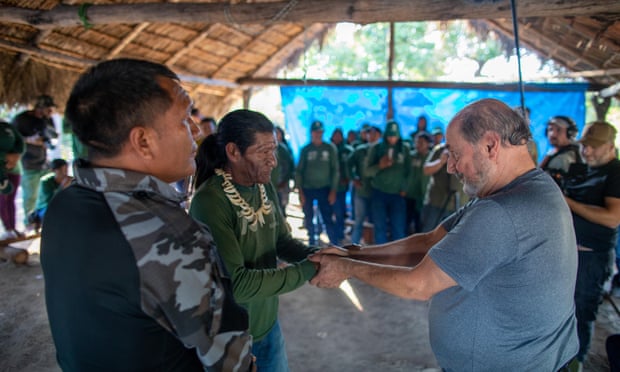
Possuelo said government neglect meant such self-defense groups were now an essential way for Indigenous communities to defend themselves. “They aren’t the ones who should be here risking their lives, the Brazilian government should be. But it isn’t here – and it behaves almost like their enemy by protecting the invaders. So this is exactly what they must do.”
Responding to Possuelo’s criticisms, a Funai spokesperson said it was taking “effective and practical” steps to support Indigenous communities and had spent more than £13.2m on inspection operations designed to protect them. “Funai … has spared no effort in acting, alongside … environmental agencies and security forces, to strengthen activities designed to fight illegal activity in Indigenous areas and ensure the protection of Indigenous communities,” they claimed.
Possuelo said he felt dispirited by the plight of Brazil’s Indigenous communities. “Sometimes I feel ashamed to say I’m a Brazilian.” But he voiced optimism that political change was coming, with polls suggesting Bolsonaro will lose October’s election to the former president Luiz Inácio Lula da Silva, who has promised to create a ministry for Native peoples.
“I just hope he [Bolsonaro] doesn’t try any silliness, claiming the elections were rigged or the electronic voting system doesn’t work and all that nonsense, like his mate Trump in the US,” Possuelo said, noting the criminal investigations the former US president now faced.
“Beware, Bolsonaro. You might suffer the same fate,” Possuelo quipped, as darkness fell on the jungle camp where he was sleeping in a hammock surrounded by the people he has devoted his life to defending.